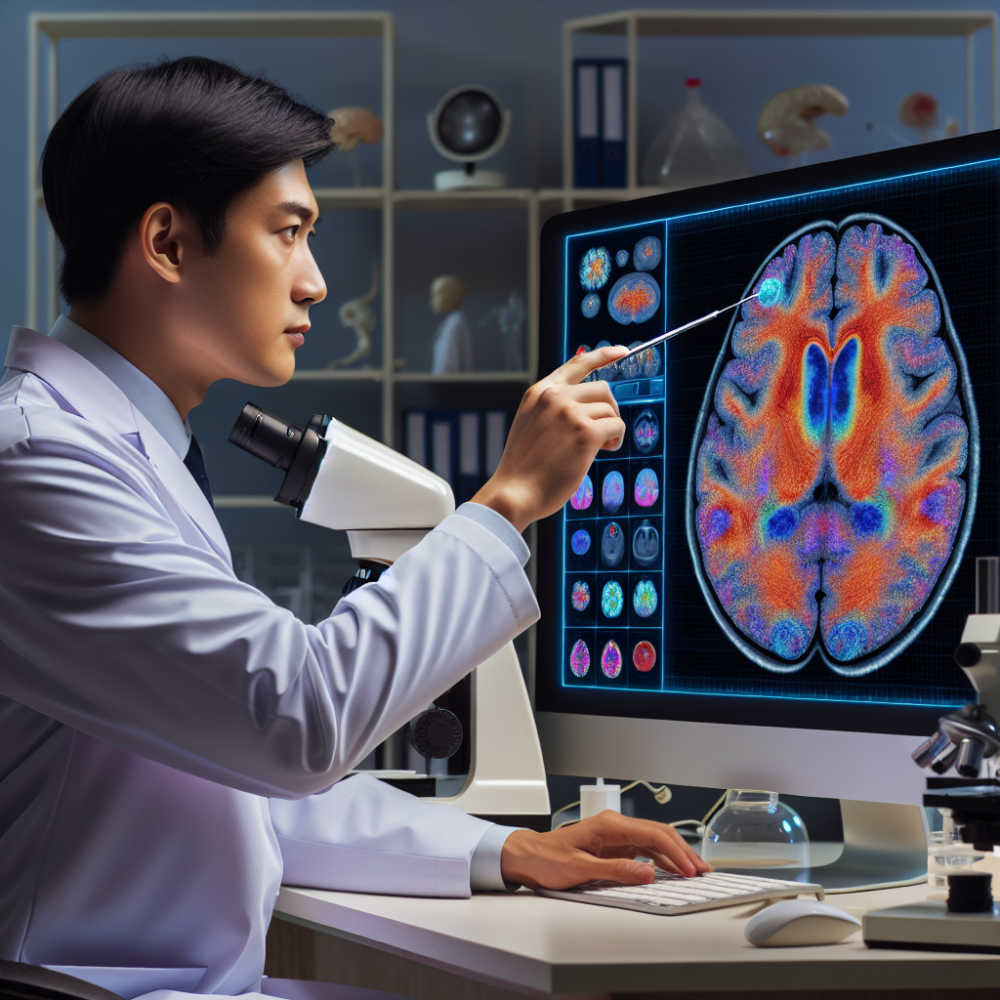Understanding the Complex World of Neurological Disorders

Posted on: Sunday, March 3rd, 2024
Neurological disorders comprise a wide range of conditions that affect the brain, spinal cord, and nerves throughout the body. With advancements in medical science, our understanding of these disorders has grown exponentially over the past few decades. Currently, it's estimated that hundreds of millions of people globally are affected by neurological conditions, from common ailments like migraines and epilepsy to more rare and complex diseases such as Parkinson's disease and multiple sclerosis. To tackle these challenges, researchers are employing cutting-edge technologies and interdisciplinary approaches, revealing new insights into the nervous system's workings and paving the way for innovative treatments.
1. Genetic Underpinnings: Modern research has uncovered that many neurological disorders have a genetic component, offering potential targets for gene therapy. For example, certain forms of Alzheimer's disease have been linked to specific gene mutations, guiding personalized treatment approaches.
2. Advances in Neuroimaging: Techniques like MRI and PET scans are crucial for diagnosing and understanding neurological disorders. These imaging tools have improved over time, allowing for more detailed brain mapping and the ability to monitor disease progression and response to treatment.
3. Breakthroughs in Neuroplasticity: Discoveries in how the brain can reorganize itself by forming new neural connections have opened new avenues for rehabilitation after neurological injury or disease. This has significant implications for stroke recovery and treatments for degenerative disorders.
4. Development of Neuroprotective Drugs: Researchers are actively developing medications that can protect nerve cells from damage. This is particularly relevant for conditions like multiple sclerosis and Parkinson's disease, where neurodegeneration is a key feature.
5. Immunotherapy's Role: The intersection of neurology and immunology has uncovered that many neurological disorders may have autoimmune components. Treatments targeting the immune system, such as monoclonal antibodies, have shown promise in conditions like multiple sclerosis.
6. The Microbiome Connection: Emerging research indicates that the gut-brain axis plays a role in neurological health. Scientists are exploring how changes in gut bacteria might influence the development or progression of neurological diseases.
7. Stem Cell Therapy: Stem cells offer the potential to replace or repair damaged cells in the nervous system. Clinical trials are underway to assess the safety and efficacy of stem cell therapy for a variety of neurological conditions.
8. The Importance of Early Diagnosis: Early intervention can greatly affect outcomes for many neurological disorders. Advances in diagnostics and broader awareness are key to identifying these conditions as early as possible.
9. The Rise of Digital Health Tools: Wearable technology and mobile apps are revolutionizing patient care, allowing for continuous monitoring of symptoms and better personalized treatment plans.
10. Interdisciplinary Collaboration: The complexity of neurological disorders requires a team approach that combines neurology, genetics, immunology, psychology, and other fields. This collaborative effort is essential to address the multifaceted challenges these conditions present.
Neurological research is rapidly evolving, driven by technological advancements and a deeper understanding of the brain and nervous system. As scientists unravel the mysteries of neurological disorders, the future holds promise for more effective treatments and potentially cures, offering hope to millions of affected individuals and their families worldwide.